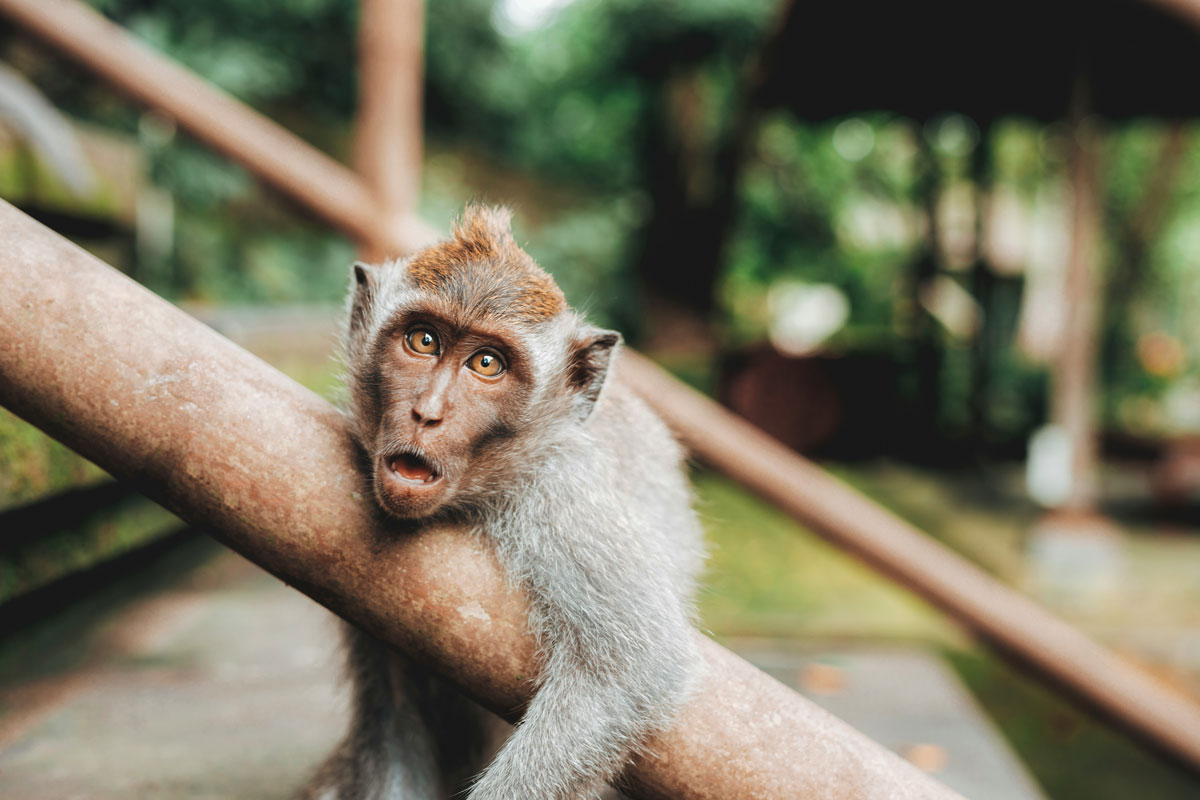A tourist has contracted the deadly virus after being attacked by a macaque in Hong Kong’s Kam Shan Park, also known as Monkey Hill. Now the 37-year-old man is in the intensive care unit with cerebral edema, The Sun reports.
The monkey scratched the man at the end of February, but the disease manifested itself almost a month later after meeting with the aggressive macaque. He was taken to the hospital in critical condition and was diagnosed with cerebral edema.
After numerous tests, doctors concluded that the patient had contracted the herpes B virus, or “simian herpes,” which is transmitted by primates. This virus is found in the urine, saliva, and feces of monkeys. They do not get sick with it but are only carriers.
The virus is extremely rare in humans but can cause serious neurological problems, including encephalitis and brain damage, according to the US Centers for Disease Control and Prevention (CDCP). It is harmless to primates but kills 70 to 80 percent of infected people.
People can become infected if they are bitten or scratched by an infected macaque.
Symptoms of the disease are similar to the flu and may take up to one month to appear. These include fever, chills, muscle pain, fatigue, and headache. Sometimes people develop small blisters on wounds or areas of the body where they came into contact with the monkey.
There is currently no vaccine against herpes B.
This is the first case of human infection in Hong Kong, but the disease has previously been observed in the United States, Canada, and China. The herpes B virus was first identified in 1932; since then, 50 people have been infected, 21 of whom have died.
The Center for Public Health has warned people not to touch or feed wild monkeys to avoid the risk of contracting the dangerous disease.

